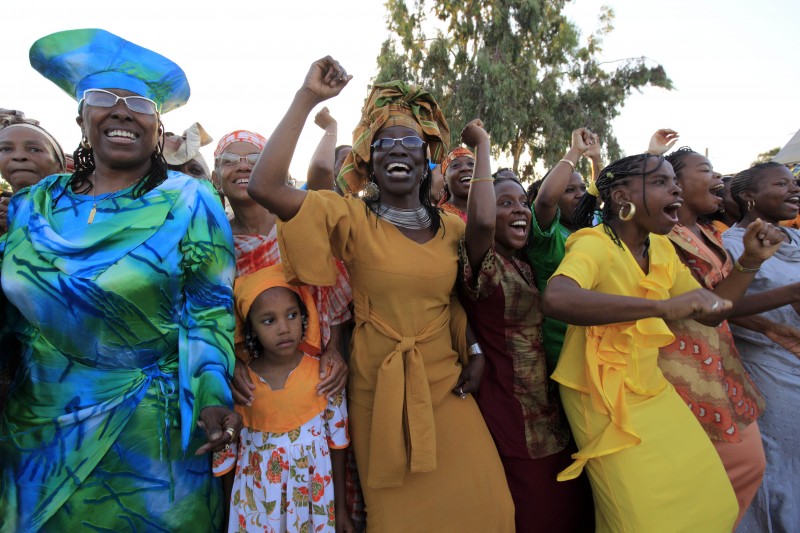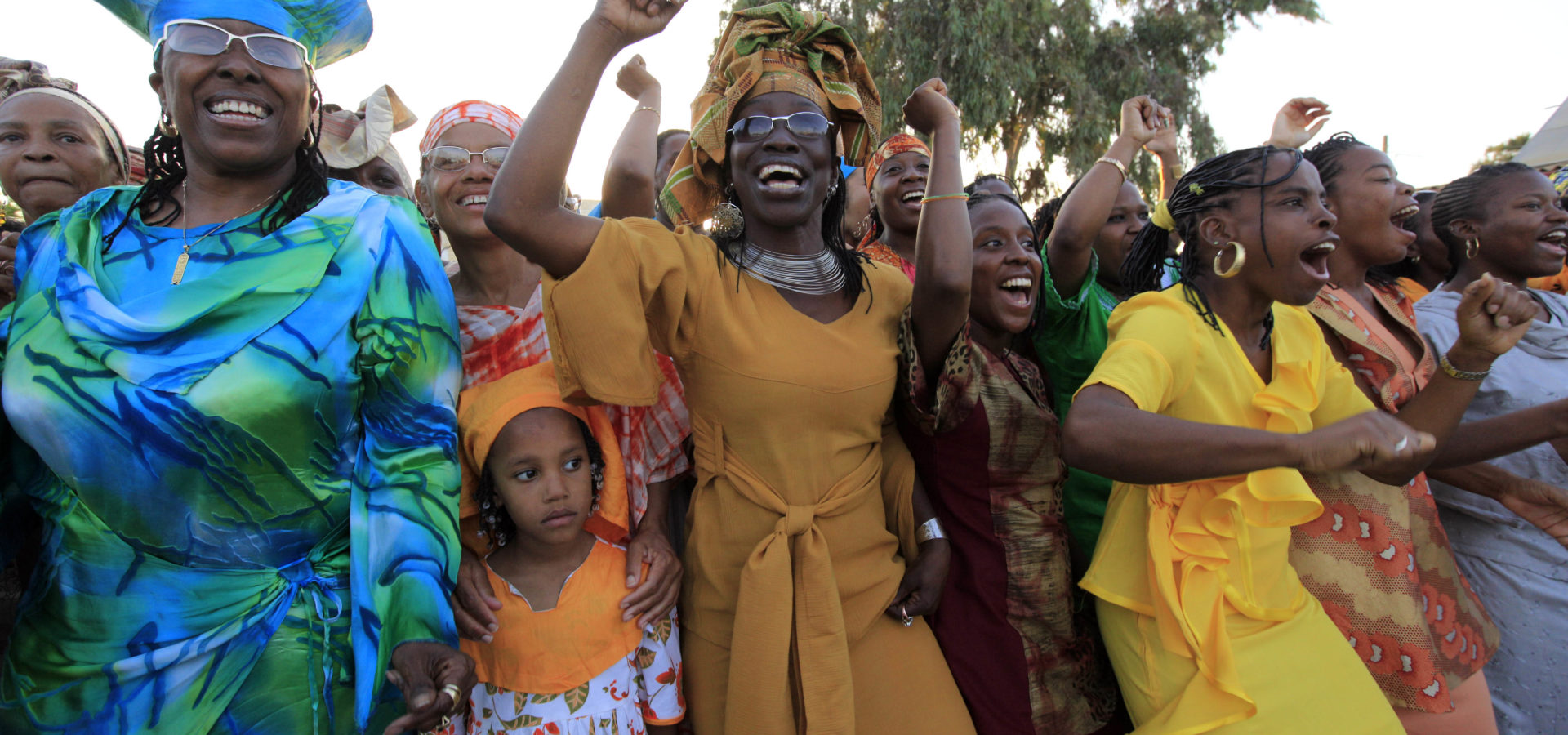
DIMONA, Israel — In the 1960s, as black Americans struggled for civil rights and a stronger sense of cultural identity, some turned to the Torah and the Bible, and what they believed was their ancestral home in modern-day Israel. Today, a few thousand of these Hebrew Israelites live there, where they continue to struggle for acceptance and citizenship against Israel’s institutional racism.
Called the African Hebrew Israelites of Jerusalem, their origins can be traced to Chicago and their leader, a black American named Ben Carter, although the roots of their movement stretch back to the late 19th century. During the 1960s, several black groups in Chicago identified as Hebrew Israelites, believing that they could trace their ancestry to the “10 lost tribes of Israel” described in the Torah and often describing themselves as the “original Jews.” Carter changed his name to Ben Ammi Ben-Israel as he became a leader within this community.
An excerpt from the book “Thin Description: Ethnography and the African Hebrew Israelites of Jerusalem,” by John L. Jackson, explains how Ben Ammi defined what it meant to be a Hebrew Israelite:
Ben Ammi was very sure about what made them different from Jews. Jews, including black Jews, he argued, practiced a religion. Black Israelites embraced their true nationality, their actual heritage. “Israelites are the descendants of Abraham, Isaac, and Jacob,” Ben Ammi would explain, “the seed of the promise, and Jews are people who adopt Judaism.”
A few dozen of Ben Ammi’s followers traveled to Liberia in 1969, then settled in southern Israel, mostly in the town of Dimona. Over the following two decades, their numbers swelled to about 600 as more made the journey. Some even renounced their American citizenship and burned their passports.
However, to gain citizenship from Israel would have required that they convert to Judaism, which conflicted with the Hebrew Israelites belief that they already were Jews by virtue of ancestry. And like many black residents of Israel, they faced systematic racism. Bayard Rustin, an American civil rights leader who worked closely with Martin Luther King, Jr., authored a 1981 report arguing that all black travelers to Israel faced racial profiling and intense scrutiny in part because of Israel’s efforts to stop the immigration of Hebrew Israelites and Ethiopian Jews. These problems continue into today, and in 2012, Dimona hosted a nationwide conference on racism among black and Arab residents of the region.
The African Hebrew Israelites of Jerusalem’s struggle for acceptance gradually paid off. In 1990, the Israeli government issued the group “tourist” status and work visas. Temporary resident status came in 1991, and permanent resident status was granted in 2003. It would take another six years before Elyakim Ben-Israel became the first African Hebrew Israelite to be granted Israeli citizenship.
Ben Ammi himself gained citizenship in 2013. He died a year later, at the age of 75.
About 2,500 African Hebrew Israelites live in the country today. In September, the group celebrated the opening of a new school in Dimona, made possible by the donations of their many American supporters.


